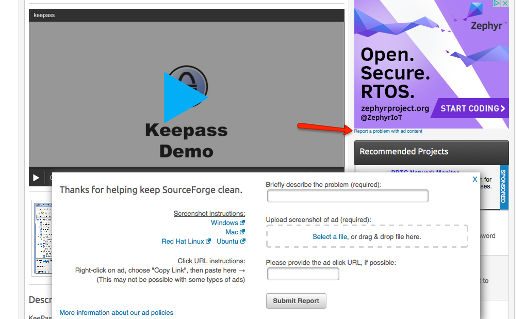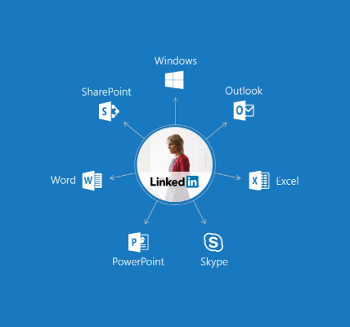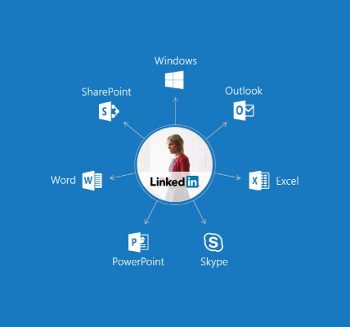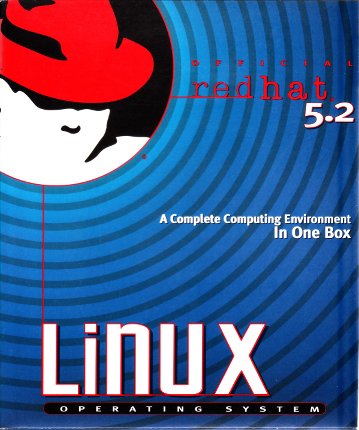The original Slashdot crew was declared redundant in early 2016 by the site’s latest owner, Slashdot Media. Timothy Lord was the last of the early Slashdot editors to be let go, and has posted more stories on Slashdot than anyone else, ever, so we turned to him to learn how and why Slashdot helped the FOSS movement grow and eventually infiltrate mainstream IT.
The FOSS Force Video Interview
Starting in the last years of the last century, when Linux and free software were first making their mark on the world, a website called Slashdot was the king-hell news and discussion site for such things, along with a variety of other topics that interested the kind of people you might meet at a LUG meeting or in the CS department of your local university. The original Slashdot tagline (no longer visible on the site) was “News for nerds, stuff that matters.” And one of the people who worked on Slashdot during those heady days was Timothy Lord, who is such a devout Linux person that he has a Tux tattoo (which we forgot to have him show in the video, darn it).
Robin “Roblimo” Miller is a freelance writer and former editor-in-chief at Open Source Technology Group, the company that owned SourceForge, freshmeat, Linux.com, NewsForge, ThinkGeek and Slashdot, and until recently served as a video editor at Slashdot. Now he’s mostly retired, but still works part-time as an editorial consultant for Grid Dynamics, and (obviously) writes for FOSS Force.



 As development continued, refinements were naturally added that didn’t exist in other operating systems, many of which eventually ended up in other *nixes and even Windows, just as many new additions to Unix also ended up in the Linux kernel. But the original purpose was simply to build on what had gone before, not to create something radically different.
As development continued, refinements were naturally added that didn’t exist in other operating systems, many of which eventually ended up in other *nixes and even Windows, just as many new additions to Unix also ended up in the Linux kernel. But the original purpose was simply to build on what had gone before, not to create something radically different.


 According to a
According to a 



 “DuckDuckGo’s focus is to become the best search engine for programmers,” Bill wrote, “and we’d love your help improving our open-source Linux Instant Answers. There’s currently a couple of cheat sheets
“DuckDuckGo’s focus is to become the best search engine for programmers,” Bill wrote, “and we’d love your help improving our open-source Linux Instant Answers. There’s currently a couple of cheat sheets 